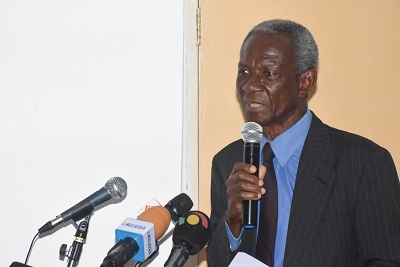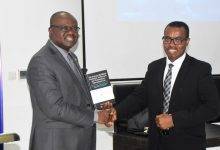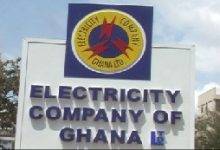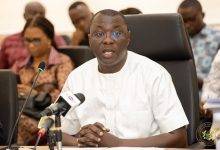
Mr Kwame Pianim, an economist, says the lack of political will to tackle the issue of unrealistic energy tariffs is the most constraining element on the country’s progress.
He said in the absence of complete cost recovery of tariffs in the energy sector, almost all the key players in the industry were saddled with debts to the point of becoming inefficient.
Mr Pianim, who made these remarks at the launch of Chamber of Independent Power Producers, Distributors and Bulk Consumers (CIPDIB) in Accra on Tuesday, said strong balance sheets for industry players would help build a strong energy sector to provide a stable power for the country.
The Chamber, meant to become a united platform to address issues to do with power producers, especially, with the regulatory bodies was launched under the theme, “Promoting Sustainable Energy Sector and Quality Service Delivery for the Socio-economic Development of Ghana.”
Mr Pianim said over the years, resources had been expended on several plans and experimentations for energy sector reforms and recovery, adding that the four -year electoral cycles were notorious for undermining and destabilising the hard-won macro-economic stability, often on the altar of fiscal imbalances emanating largely from the energy sector.
He said if the country needed to move into a new path of accelerated and sustainable economic growth and prosperity, “we need to remove the energy sector as a destabilising element from our national development equation.”
Mr Pianim said a stable and sustainable energy sector operating with complete cost recovery tariff was a non-negotiable criterion for repositioning the nation for a new era of serious development.
The renowned economist said though in the past concessionary arrangements with the major distribution institutions had led to improvements in efficiency, reductions in technical and commercial energy losses, the quality of service was not attained because of inadequate revenue inflows to ensure maintenance of plant and equipment.
“We all know that a key element for stabilising the energy sector is to ensure that all the key players regain and maintain sound balance sheets since it would encourage the institutions to have long-term market driven plans to respond effectively to demand,” he said.
He expressed the hope that the launch of the Chamber would bring in a new voice that would add impetus to a national consensus for a non-partisan approach to securing a complete cost recovery tariff as a public good, that would help create and sustain macro-economic stability and a stable power sector to underpin the economic and social transformation.
Dr Nii Darko Asante of the Energy Commission said despite the fact that the capacity of energy generation in the country was above consumption level, it equally called for prudent measures to be put in place to ensure sustainability in the future.
He said sustainability in the energy sector called for a prudent medium to long term planning to ensure there was enough electricity supply at affordable prices at all time for consumers.
Dr Simons Yao Akorli of the Public Utility Regulatory Commission (PURC) said fixing of utility prices had always been a challenge to the Commission as there was the need to protect the consumers interests as well as that of industry players.
He said with that regards, the Commission had always come out with policies and programmes to ensure financial viability for the industry players as well as affordability for the consumers.
BY LAWRENCE MARKWEI & EVANGEL KELVIN AINO






